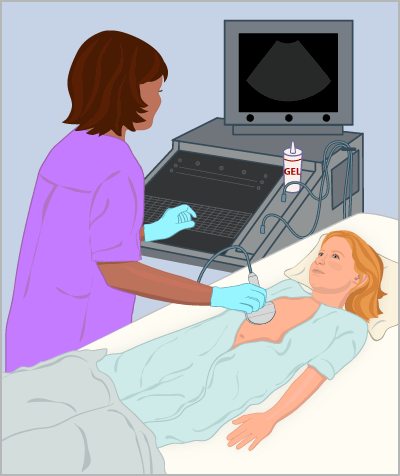- Home
- Parents Home
- Allergy Center
- Asthma Center
- Cancer Center
- Diabetes Center
- Emotions & Behavior
- First Aid & Safety
- Food Allergy Center
- General Health
- Growth & Development
- Flu Center
- Heart Health
- Homework Help Center
- Infections
- Diseases & Conditions
- Nutrition & Fitness Center
- Play & Learn Center
- School & Family Life
- Pregnancy Center
- Newborn Center
- Q&A
- Recipes
- Sports Medicine Center
- Doctors & Hospitals
- Videos
- Para Padres
- Home
- Kids Home
- Asthma Center
- Cancer Center
- Movies & More
- Diabetes Center
- Getting Help
- Feelings
- Puberty & Growing Up
- Health Problems of Grown-Ups
- Health Problems
- Homework Center
- How the Body Works
- Illnesses & Injuries
- Nutrition & Fitness Center
- Recipes & Cooking
- Staying Healthy
- Stay Safe Center
- Relax & Unwind Center
- Q&A
- Heart Center
- Videos
- Staying Safe
- Kids' Medical Dictionary
- Para Niños
- Home
- Teens Home
- Asthma Center
- Be Your Best Self Center
- Cancer Center
- Diabetes Center
- Diseases & Conditions
- Drugs & Alcohol
- Expert Answers (Q&A)
- Flu Center
- Homework Help Center
- Infections
- Managing Your Medical Care
- Managing Your Weight
- Nutrition & Fitness Center
- Recipes
- Safety & First Aid
- School & Work
- Sports Center
- Stress & Coping Center
- Videos
- Your Body
- Your Mind
- Para Adolescentes
Getting an Ultrasound
What Is an Ultrasound?
An ultrasound scan is a medical test that uses high-frequency sound waves to create live images from the inside the body. Also called a sonogram or sonography, ultrasounds let doctors see the body’s soft tissues, which X-rays can’t do.
Doctors order ultrasounds for many reasons, such as to look for the causes of pain, swelling, and infection. Ultrasound scans are safe and painless.
How Do We Prepare for an Ultrasound?
To help your child get ready for an ultrasound, find out if they need to fast (not eat or drink) or should stop taking medicines before the test. Depending on the type of ultrasound, kids might need a to do a little prepping. But in an emergency, an ultrasound can be done without any preparation.
Some younger children may be afraid of the machinery used for the ultrasound. To help ease any fears, explain in simple terms how the test is done and why it's needed.
Parents usually can stay with their child during an ultrasound. Encourage your child to relax during the scan, as tense muscles can make it harder to get clear images.
How Are Ultrasounds Done?
Your child will change into a cloth gown and lie on a table. The room is usually dark so the images can be seen clearly on the computer screen.
A technician (sonographer) trained in ultrasound imaging first spreads a clear, warm gel on the area to be scanned. This gel helps with the transmission of the sound waves. Then, they use a small transducer (or wand) that sends high-frequency sound waves into the body. The sound waves move through the body until stopped by something, such as bone or fluid. Then they echo back. A computer measures how they echo back, and changes the sound waves into images to be analyzed.
Your child may feel a slight pressure on the area as the wand moves, and the gel may feel wet or cold. Help your child lie still during the scan so the sound waves can make good images. The technician may ask your child to lie in different positions or hold their breath briefly.
Babies might cry in the ultrasound room, especially if they're being held in position, but this won't affect the scan.
Sometimes the doctor will come in at the end of the test to meet your child and take a few more pictures. Ultrasounds usually take less than 30 minutes.

When Are Test Results Ready?
The images are checked by a radiologist (a doctor who's trained in reading and interpreting X-ray and ultrasound images). They’ll send the results to your doctor, who will go over the results with you. If the test results suggest a problem, your doctor may order more tests.
In an emergency, the results of an ultrasound can be available quickly. Otherwise, they're usually ready in 1–2 days. In most cases, results can't be given to the patient or family at the time of the test.
Are There Any Risks From Ultrasounds?
A ultrasound is a safe procedure with minimal risks. There is no radiation involved with this test.
What if I Have Questions?
If you have questions about the ultrasound scan or the results of the test, talk to your doctor.

© 1995- The Nemours Foundation. KidsHealth® is a registered trademark of The Nemours Foundation. All rights reserved.
Images sourced by The Nemours Foundation and Getty Images.

